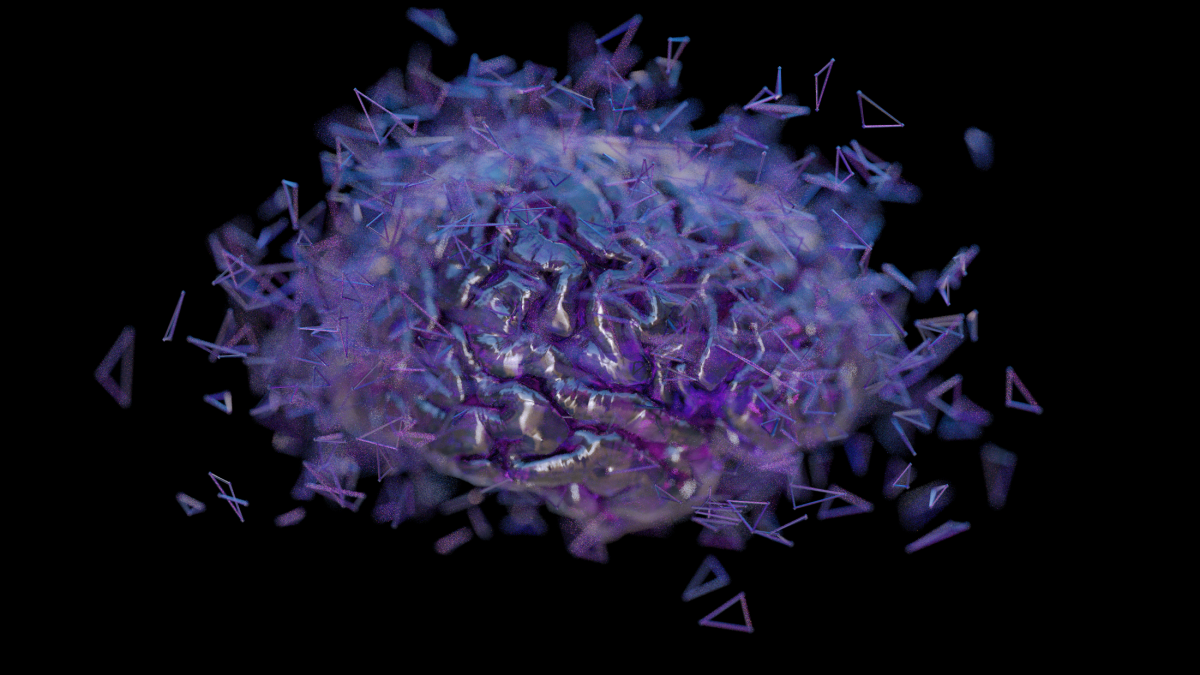ASU to manufacture neuronal cells needed to develop treatments for neurodegenerative diseases

Neurodegenerative diseases affect millions of people around the world. In the U.S. alone, more than 5 million people live with Alzheimer’s disease, and by 2050, that number could reach 16 million, according to the Alzheimer’s Association. Alzheimer’s disease also is the sixth leading cause of death in the United States.
Arizona State University will soon begin development of a biomanufacturing platform that will allow researchers to generate human neurons that can be used to develop and test treatments for devastating neurodegenerative diseases, particularly Alzheimer’s disease, Parkinson’s disease and amyotrophic lateral sclerosis (ALS).
The $5 million project — $1.4 million of which will be spent at ASU — will be a collaboration among ASU Assistant Professor of Engineering David Brafman’s laboratory; Massachusetts-based Biogen, Inc., one of the world’s largest pharmaceutical companies; and Trailhead Biosystems, an Ohio-based biotechnology company. The funding comes from the U.S. Department of Defense’s Advanced Regenerative Manufacturing Institute.
“There is much excitement about the potential of human pluripotent stem cells to treat numerous devastating diseases. While the public is more familiar with the tissue and organ replacement aspects of pluripotent stem cell research, these cells also have tremendous utility in developing pharmacological interventions to combat these diseases,” Brafman said. “As such, the focus of this project will be to develop the biomanufacturing processes needed to engineer the various neural cell types needed for drug screening.”
The biomanufacturing platform the team will assist with large-scale generation of the neuronal subtypes required to develop small molecule therapeutics.
“The investment from DoD’s ARMI recognizes the power of public-private partnerships to take on and address serious health challenges,” said Sethuraman Panchanathan, executive vice president of Knowledge Enterprise Development and chief research and innovative officer at ASU. “ASU’s growing leadership in this field, combined with the strengths of our partners Biogen, Inc. and Trailhead Biosystems, will bring innovative solutions to the fore, impacting the future of treatments for neurodegenerative diseases.”
More Science and technology

Hack like you 'meme' it
What do pepperoni pizza, cat memes and an online dojo have in common?It turns out, these are all essential elements of a great…

ASU professor breeds new tomato variety, the 'Desert Dew'
In an era defined by climate volatility and resource scarcity, researchers are developing crops that can survive — and thrive —…

Science meets play: ASU researcher makes developmental science hands-on for families
On a Friday morning at the Edna Vihel Arts Center in Tempe, toddlers dip paint brushes into bright colors, decorating paper…

